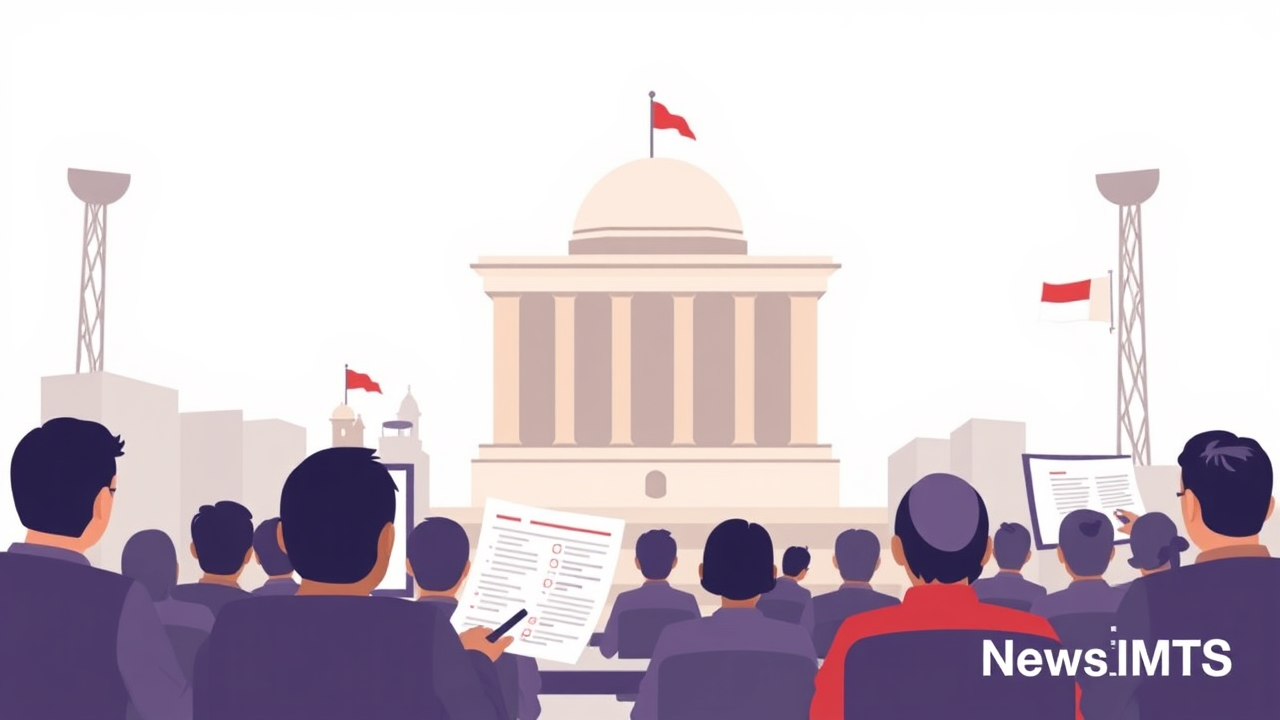 NewsIMTS
NewsIMTSSC junks parts of tribunal law, cites ‘override’ The Supreme Court on Wednesday struck down multiple provisions of the Tribunal Reforms Act, this year, holding that Parliament had effectively resurrected statutory provisions earlier invalidated by the court and thereby committed an impermissible act of “legislative override”, in a sweeping reaffirmation of constitutional supremacy and judicial independence. It also sought the creation of a National Tribunals Commission to appoint people to tribunals. The provisions struck down included the four-year tenure for tribunal members and the minimum entry age of 50. Delivering a detailed and strongly reasoned judgment, a bench of Chief Justice of India (CJI) Bhushan R Gavai and Justice K Vinod Chandran held that the this year law “merely repackaged” what was struck down in the Madras Bar Association (MBA-V) case in July this year, without curing any constitutional defects identified earlier. “This amounts to a legislative override in the strictest sense: an attempt to nullify binding judicial directions without addressing the underlying constitutional infirmities. Such an approach is impermissible under our constitutional scheme,” declared the bench. The court’s 137-page judgment underscored that India’s constitutional framework does not recognise parliamentary supremacy in the British sense. “The Indian… (Updated 20 Nov 2025, 13:23 IST; source: link)
UPSC Daily News Summaries: Essential Current Affairs, Key Issues and Important
This section explains the update in simple words for students and readers. It covers what changed, why it matters now, and how it connects to the main announcement in the title. It also shares what to check, where to see official notices, and how to prepare the basic documents. Keep an eye on official portals for authentic details. Read the steps slowly and follow only trusted sources. If timelines are shared, note them in a diary and set reminders. Stay alert for corrections and FAQs. Use this brief guide to act calmly and avoid confusion.
UPSC Daily News Summaries: Essential Current Affairs, Key Issues and Important
This section only covers the official dates, exam schedule or process steps. It avoids repeating the first paragraph. Readers get clarity on when events happen, how to check notices on the official website, what documents to keep ready and how to stay updated without confusion. This note explains what it means for students, when the process starts, how to check updates, and what to do next in simple steps. This note explains what it means for students, when the process starts, how to check updates, and what to do next in simple steps.
Key Points
- The provisions struck down included the four-year tenure for tribunal members and the minimum entry age of 50.
- The court’s 137-page judgment underscored that India’s constitutional framework does not recognise parliamentary supremacy in the British sense.
- It also sought the creation of a National Tribunals Commission to appoint people to tribunals.
